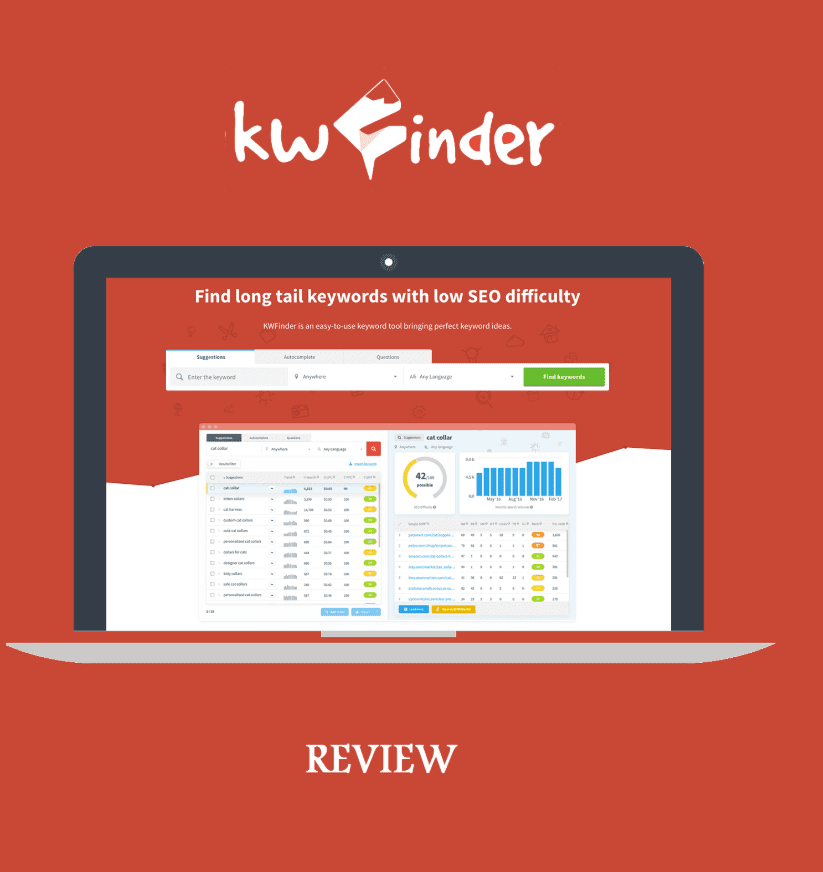Busting SEO Myths: What You’ve Been Getting Wrong All Along

If you’re here thinking you’ve been learning so many things about SEO and yet your site is failing, it’s probably because you’ve been getting SEO wrong. Search engine optimization can feel like navigating a maze. With so much information out there, it’s easy to get lost in the myths and misconceptions that surround SEO.
Best SEO Consultant, Kapil Ochani agreed that nowadays, some advice sounds credible, while other tips seem too good to be true. But what if we told you that many of these widely accepted beliefs are just plain wrong? Let’s take a closer look at some common SEO myths that could be holding your website back from reaching its full potential. Get ready to enhance your understanding of SEO and elevate your rankings.
Keyword Stuffing Works
 Keyword stuffing was once a go-to tactic for many SEO practitioners. The idea was simple: cram as many keywords into your content as possible to signal relevance to search engines. However, Google and other search engines have evolved significantly. They now prioritize user experience over keyword frequency. You see, stuffing your content with keywords can lead to awkward phrasing that annoys readers.
Keyword stuffing was once a go-to tactic for many SEO practitioners. The idea was simple: cram as many keywords into your content as possible to signal relevance to search engines. However, Google and other search engines have evolved significantly. They now prioritize user experience over keyword frequency. You see, stuffing your content with keywords can lead to awkward phrasing that annoys readers.
Moreover, algorithms are smarter today. They understand context and semantics better than ever before. This means that quality content focused on natural language is far more effective than repetitive keyword usage.
More Pages Mean Higher Rankings
Many believe that simply adding more pages to their website guarantees better search engine rankings. This misconception can lead businesses down the wrong path. Quality takes precedence over quantity in SEO. Search engines prioritize content that provides value and relevance rather than a high volume of thin, unoriginal pages.
A few well-crafted articles can outperform dozens of mediocre ones. Moreover, having numerous low-quality pages may dilute your website’s authority. It’s crucial to focus on creating engaging and informative content that meets user needs. Instead of churning out endless posts, invest time in research and strategy. Understand what resonates with your audience, then deliver it effectively through fewer but richer pieces of content.
Only the First Position Matters
Many believe that only the top ranking on search engines matters. While it’s true that the first position often attracts more clicks, it’s not the whole story. Search results have become increasingly diverse. Users don’t just click on the first link; they explore other options too. Featured snippets, local packs, and video results all play a role in capturing attention. Moreover, rankings can fluctuate frequently. A well-optimized page in lower positions can still drive significant traffic and conversions over time. User intent is key to understanding this dynamic landscape. If your content answers specific queries effectively, you may find success even if you’re not number one.
Quantity Wins Over Quality Backlinks
 Do you think that amassing a large number of backlinks is the key to climbing search rankings? Sorry, but this misconception can lead to misguided strategies and wasted resources. In reality, quality trumps quantity every time. A single high-authority link from a reputable site holds far more weight than numerous links from low-quality sources.
Do you think that amassing a large number of backlinks is the key to climbing search rankings? Sorry, but this misconception can lead to misguided strategies and wasted resources. In reality, quality trumps quantity every time. A single high-authority link from a reputable site holds far more weight than numerous links from low-quality sources.
Search engines prioritize relevance and trustworthiness over sheer numbers. In addition, spammy backlinks can harm your site’s credibility and lead to penalties. Building relationships with authoritative websites should be the focus instead of simply increasing link counts. Investing in valuable content that earns natural backlinks will yield better results.
Understanding the truths behind SEO is essential for anyone looking to improve their online presence. Many popular myths can lead you astray, costing time and effort without yielding results. So comment below if you think we’ve missed out on other mistakes that can badly hurt any SEO effort.


